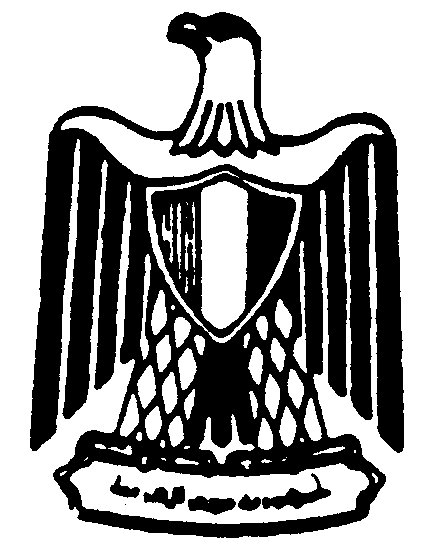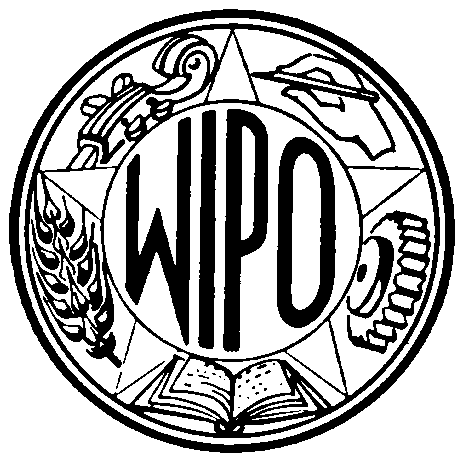WIPOAPAIPACRCAI071 PAGE 4 E WIPOAPAIPACRCAI071 ORIGINAL ENGLISH DATE JANUARY
WIPOAPAIPACRCAI071 PAGE 4 E WIPOAPAIPACRCAI071 ORIGINAL ENGLISH DATE JANUARY
WIPO-APA-IPA/CR/CAI/07/1: Copyright and Education: A Publisher¿s Perspective
WIPO-APA-IPA/CR/CAI/07/1
page
|
E DATE: January 2007 |
|
|
|
|
|
ARAB REPUBLIC OF EGYPT |
WORLD
INTELLECTUAL |
Under
the patronage of
her Excellency Mrs. Suzanne Mubarak
first
lady of the arab republic of egypt
WIPO/APA/IPA
INTERNATIONAL CONFERENCE ON COPYRIGHT AND DEVELOPMENT: From Cultural
Diversity
to Social Prosperity
organized
by
the World Intellectual Property Organization (WIPO)
in
cooperation with
the Ministry of Culture
in
association with
the International Publishers Association (IPA)
and
the
Arab Publishers Association (APA)
Cairo, January 27 and 28, 2007
The Cairo
International Convention and Exhibition Center: Mycerinos
Hall
Copyright
and education: A publisher’s perspective*
prepared
by Ms. Lynette Owen, Copyright Director, Pearson Education Ltd.,
United Kingdom
The
theme of this panel session is copyright and education and my view is
that
of a multinational publisher in the educational and
academic sector. Our aim is to invest in developing high quality
books and other educational materials for the schools sector, in the
UK domestic market but also through our overseas branches for a wide
range of curricula in markets as diverse as the United States, the
Caribbean, the Middle East, Africa and Asian markets such as India,
Singapore and Hong Kong. Many of our books are produced in the
English language, but we also publish in other languages such as
Spanish and Italian for those markets. Projects for schools may
consist of a single book or a multi-level project, often involving
considerable investment to bring together the best writers and
pedagogical methods with appropriate accompanying visual content, and
increasingly we are looking at developing interactive materials for
the classroom. We also publish university level textbooks in English
and in a variety of other languages, either as translations of
English publications or original books in the local language.
What
are the copyright issues for educational and academic publishers?
Certainly piracy can have a major and devastating impact in many of
the markets which we seek to serve. Whilst piracy of high-profile
mass-market titles such as
J.K. Rowling’s Harry Potter
titles may make headlines in the trade and general media, the effects
of full scale commercial piracy, unauthorized editions and
compulsory licensing all affect our sector significantly and are far
less dependent on the whims
of the market.
For
Anglophone publishers, there is a steady trade in pirated and
unauthorized editions of academic textbooks and journals, and also in
English language teaching materials and dictionaries. All of these
categories of publication also suffer from unauthorized photocopying,
and more recently from scanning, both of complete publications or
parts of publications, often undertaken by campus bookshops on
a
large scale. This is certainly a problem here in Egypt and indeed
elsewhere in
the region, and it has a major impact on the
interests of legitimate licensees here.
Of course, these is
not only a problem for Anglophone publishers – local
publishers suffer from piracy and unauthorized photocopying,
particularly in some countries of Latin America and the problem has
also proved catastrophic for domestic publishers
in many of the countries of central and eastern Europe and the former Soviet Union and, more recently, China. This takes place not only in countries which are absent from membership of the international copyright conventions but in countries which have long been members of the Berne Convention, as Egypt has for thirty years. IFRRO continues to lobby for and assist with the establishment of effective Reproduction Rights Organizations worldwide.
One of the most significant factors in this erosion of intellectual property rights in the educational and academic sector is that the prime targets are almost always those publications which have become well-established in the markets concerned through investment and effort by the original publisher, or in some cases by their authorized local licensees. In the case of textbooks, it is those which have been established
through the publication of many successive editions; in the case of academic journals, those with high-profile branding and a tradition of publishing only the best peer-reviewed research material. It is comparatively rare to experience piracy or wide-scale photocopying of an educational or academic book newly launched on the market for the first time. At any one time, my own company may be involved in either individual or joint legal action (often undertaken by the British Publishers Association together with the American Association of Publishers) against piracy in countries as diverse as Turkey, India and China. The question of copyright compliance is vital if publishers in our sector are expected to continue to produce high quality materials.
What
active measures can be taken to promote and defend the rights of
authors
and publishers whilst making our publications available
at affordable prices to those
who need them in the educational
sector? Firstly, all of us in this area of publishing
are
acutely aware of the need to make our publications accessible in
markets where
many readers may not be able to afford to
purchase the original edition. In the academic journals sector,
this access has been facilitated by initiatives such as HINARI and
AGORA, which have made hundreds of scientific journals available to
users in developing countries either free of charge or for a nominal
price.
In the textbook area, there have been a number of initiatives – the publication of international student editions by the original publisher at prices significantly lower than the edition produced for more affluent markets. In the United Kingdom, 1997 saw the end of the government-subsidized ELBS program, which for many years made it possible for publishers to produce special low-price editions of key textbooks in areas such as medicine and agriculture for designated developing countries. Since the demise of ELBS, British publishers have established the BookPower scheme and discussions
are now in hand for a new scheme under the name of Access for sub-Saharan African countries. Schemes of this kind do of course raise the issue of the use of textbooks from developed countries rather than original, locally produced texts.
Many
Anglophone academic publishers have also established large-scale
local textbook reprint programs in markets such as Egypt, India, the
Philippines and (more recently) China. There are also possibilities
for printing low-price copies locally in
India via the Export
Processing Zone. Despite these initiatives and the fact that most
publishers require licensees to print clear market restriction
notices on the local editions, these books often turn up in a range
of diverse markets not authorized under the license – for
example, Indian reprint editions can be found in markets as diverse
as East Africa, Malaysia, Russia, the Caucasus and indeed offered for
sale to students via web-sites in the United States without any
indication of the source of the books. Most such “leakage”
is facilitated not by the authorized licensee but by middle men –
yet we continue to grant the licenses on the grounds that the
authorized users in the licensed markets need them.
Publishers
and authors receive a lower financial return from all these
initiatives,
but we pursue them nevertheless in order to make
our publications available at prices appropriate to the markets
concerned and also with the aim of deterring piracy and compulsory
licensing.
The implications of compulsory licensing have undoubtedly had a considerable impact on the educational and academic sector. The 1971 Paris Revisions to the Berne Convention and the Universal Copyright Convention made provision for the acquisition of compulsory licenses for both translation and same-language reprint rights for countries officially recognized as having developing country status, subject to applicants for such licenses following very specific procedures in terms of seeking to locate the rights holder and first attempting to negotiate a voluntary license arrangement; technically a compulsory license can only proceed if the rights-holder cannot be located or if a license is refused without a valid reason. There has been much misunderstanding of the Paris Revisions, with many publishers in developing countries interpreting the wording to mean that rights can be acquired free of charge or on the basis of a concessionary royalty rate, rather than on terms equivalent to those which would prevail for a freely negotiated license.
In practice, it is perhaps arguable whether many compulsory licenses have been granted directly under the terms of the Paris Revisions – it is rather that publishers who are aware of the provisions have tried instead to service the markets concerned through voluntary licensing. Perhaps of more concern has been our experience with countries such as the Philippines and Pakistan – both members of the Berne Convention – but which have operated under domestic copyright legislation in order to acquire compulsory licenses, in particular of English language student texts.
My
final area of concern is the recent move in discussions with the
World Intellectual Property Organization under the banner of the
Argentina-Brazil initiative, which seeks to argue that the copyright
regime favors the developed nations and impedes access to educational
and academic materials by the developing countries. I hope that the
initiatives I have outlined earlier emphasize the fact that our
sector of publishing fully recognizes this need, and has taken a
range of steps to facilitate access to our materials
by these
readers, but with the expectation that the rights of authors would be
respected.
I would also argue strongly that without the protection of intellectual property rights, we would soon face a situation where we would be unable to continue identifying, developing and investing in bringing the works of the very best educational and academic authors to markets worldwide. I speak from the point of view of a large multinational publisher, but equally important are the rights of domestic authors and publishers in the very countries who need educational and academic materials; their future would also be severely jeopardized without the framework of intellectual property protection.
I would conclude by saying that copyright remains the vital underpinning element which enables publishers in both the developed and the developing nations to continue
to
work with authors and to invest in bringing the best quality works we
can produce
to the markets which need them at prices which they
can afford. To dispense with copyright protection in favor of total
open access will be of little benefit to authors, producers or users.
[End of document]
* The views and opinions expressed in this paper are those of the author and not necessarily those of the World Intellectual Property Organization (WIPO) or its Member States.
Tags: wipoapaipacrcai071, january, original, english
- CURRICULUM VITAE REYES MINCHOLA CARLOS GILMER INGENIERO QUIMICO LOS
- CONTRATO DE COMPRAVENTA SOBRE MUESTRAS
- LANDSTINGSFULLMÄKTIGES UTBILDNING 20092 UTBILDNING LANDSTINGSFULLMÄKTIGE EN FÖRMIDDAG OM UNGA
- BURHULTS STUTERI OCH RIDSKOLA WWWBURHULTCOM PROPOSITIONER FÖR ENGELSKA RIDKLASSER
- EUROPEAN PARLIAMENT 20142019 COMMISSION{EMPL}COMMITTEE ON EMPLOYMENT AND SOCIAL AFFAIRSCOMMISSION
- CURRICULUM VITAE PERSONAS DATI LIENĪTE LAPSA D ZĒRVES IELA
- DEN NORSKE KIRKE NES KIRKELIGE FELLESRÅD FINNES OGSÅ
- XII PREMIS CARLES RAHOLA DE COMUNICACIÓ LOCAL TELEVISIÓ
- CURRICULUM VITAE DE DRICARDO DÍEZ HOCHLEITNER NACIÓ EN BILBAO
- PARENTAL INVOLVEMENT IN PLAY FAMILY MEMBERS ARE THE
- A N E X O ASPIRANTES QUE REALIZARÁN EL
- CURRICULUM VITAE 1 DATOS PERSONALES APELLIDO Y NOMBRES FERNANDEZ
- REEMPLAZO TOTAL DE CADERA ASISTIDO POR COMPUTADORA AUTOR DR
- MODELO DE ATA DE ENCERRAMENTO DO PRAZO PARA REGISTRO
- D – CHARAKTERISTIKA STUDIJNÍHO PŘEDMĚTU NÁZEV STUDIJNÍHO PŘEDMĚTU ÚVOD
- ANEXA 33 MODALITATEA DE PRESCRIERE PROCURARE ŞI DECONTARE A
- URNIK ODDELKOV PODALJŠANEGA BIVANJA VODJA SKUPINE PONEDELJEK 30 UR
- 26 BAB II LANDASAN TEORI 21 SEJARAH BERDIRINYA
- CURRICULUM VITAE FOR PROF LINUS HAGSTRÖM OFFICE ADDRESS SWEDISH
- UNIVERSITY SYSTEM OF MARYLAND INSTITUTION PROPOSAL FOR NEW INSTRUCTIONAL
- FORTHCOMING IN DISTURBING DIFFERENCES WORKING WITH AFFECT IN FEMINIST
- DEPARTMENT FOR COMMUNITIES AND LOCAL GOVERNMENT BUILDING REGULATIONS AND
- CURRICULUM VITAE DR JUAN ANTONIO GIL MELGAREJO LICENCIADO EN
- CGCOF REF CIR 61212 SCS ESCR 28082012 CENTRO
- RADICACIÓN N° 73001221300020170006901 SALVAMENTO DE VOTO RADICACIÓN N° 73001221300020170006901
- И З Ј А В А О ЗАЈЕДНИЧКОМ ДОМАЋИНСТВУ
- FULL DE SIGNATURES DE LES PERSONES ASSISTENTS A LES
- + K INTRODUCCIÓN TODO CENTRO DEPORTIVO
- KVÍTEK PLZEŇ Z S IČO 68784881 Č ÚČTU 22003659192010
- POŁUDNIOWOWSCHODNI PARK NAUKOWOTECHNOLOGICZNY (FAZA PRZYGOTOWANIA) INFORMACJE PODSTAWOWE O PARKU
 REGLAMENTO DE JORNADAS HORARIOS PERMISOS LICENCIAS Y VACACIONES DEL
REGLAMENTO DE JORNADAS HORARIOS PERMISOS LICENCIAS Y VACACIONES DEL GRUPO MUNICIPAL IZQUIERDA UNIDAVERDES GANAR ALCANTARILLA PROPUESTA PRGRUPOIUVGA 20190201
GRUPO MUNICIPAL IZQUIERDA UNIDAVERDES GANAR ALCANTARILLA PROPUESTA PRGRUPOIUVGA 20190201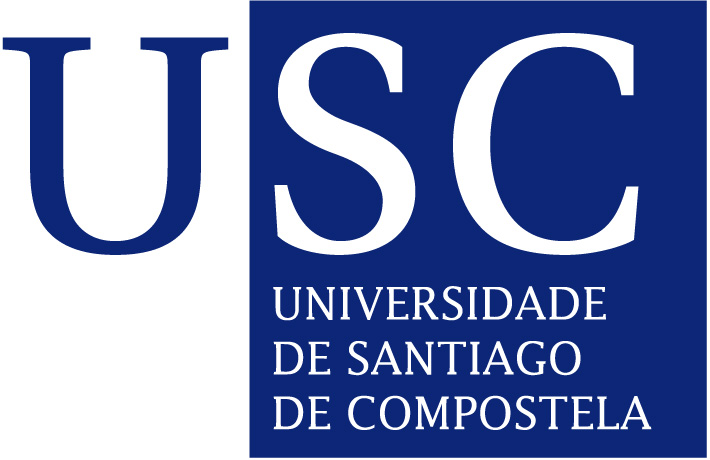 RESEARCH EXCELLENCE PROGRAM USC INDIA SELECTION PROCESS PERSONAL DATA
RESEARCH EXCELLENCE PROGRAM USC INDIA SELECTION PROCESS PERSONAL DATA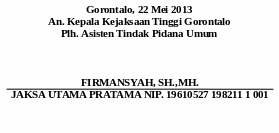 DATA PERKARA NARKOTIKA DAN OBATOBAT TERLARANG TAHUN 2013 NO
DATA PERKARA NARKOTIKA DAN OBATOBAT TERLARANG TAHUN 2013 NO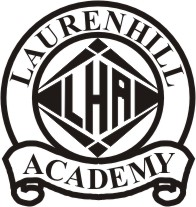 SCI & TECH 3 EXPERIMENT 3 MECHANICAL ENERGY OF
SCI & TECH 3 EXPERIMENT 3 MECHANICAL ENERGY OF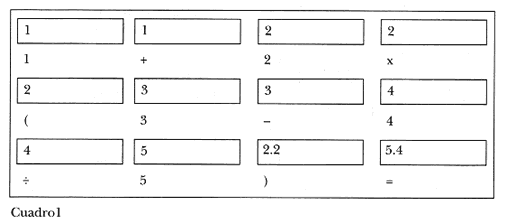 ONOFRE MONZÓ DEL OLMO JESÚS MIGUEL ORILLES RODRÍGUEZ (1995)
ONOFRE MONZÓ DEL OLMO JESÚS MIGUEL ORILLES RODRÍGUEZ (1995)MATERIAL FOR REFLECTION NO 1 FOR THE VIRTUAL FORUM
SEVERITY RATING BASED ON THE FOLLOWING CRITERIA 1 BEHAVIOR
LA GACETA NO 135 DEL MIÉRCOLES 13 DE JULIO
CONTRATO DE DISTRIBUCION ENTRE XXXXXXXXXXXXXXXXX CON DOMICILIO EN LA
THE COMEDY OF ERRORS BY WILLIAM SHAKESPEARE PRESENTED BY
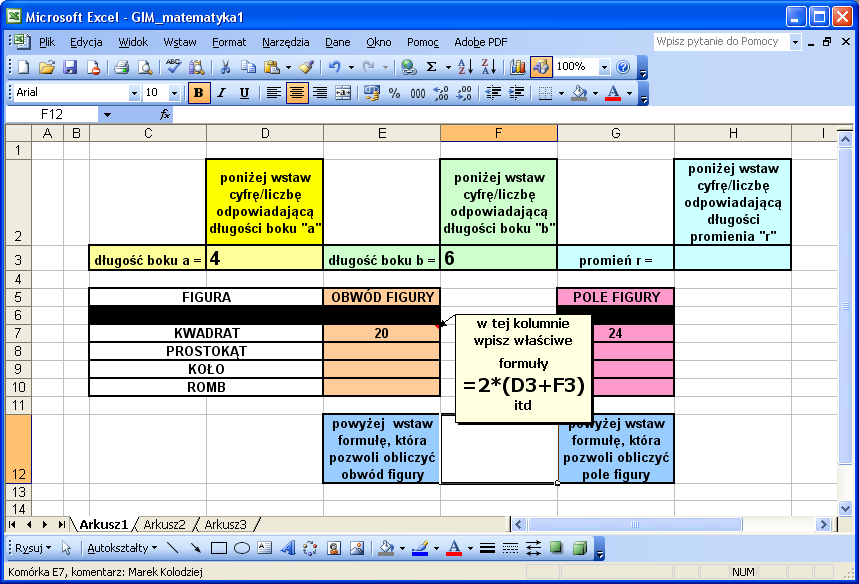 WYKONAJ PONIŻSZE ĆWICZENIA DOTYCZĄCE ROZWIĄZYWANIA ZADAŃ RACHUNKOWYCH Z RÓŻNYCH
WYKONAJ PONIŻSZE ĆWICZENIA DOTYCZĄCE ROZWIĄZYWANIA ZADAŃ RACHUNKOWYCH Z RÓŻNYCHOPINIÓN NO 4 (2003) DEL CONSEJO CONSULTIVO DE JUECES
 LOUISA MAY ALCOTT NOVEMBER 29 1832 TO MARCH
LOUISA MAY ALCOTT NOVEMBER 29 1832 TO MARCHHUISHOUDELIJK REGLEMENT VAN COÖPERATIE ”ENERZJY KOÖPERAASJE GARYP UA” PREAMBULE
 TOMA UNA BUENA DECISIÓN Y PRUEBA LAS BARRAS NUTRIGRAIN®
TOMA UNA BUENA DECISIÓN Y PRUEBA LAS BARRAS NUTRIGRAIN®CASTLE DONINGTON PARISH COUNCIL MINUTES OF THE FULL
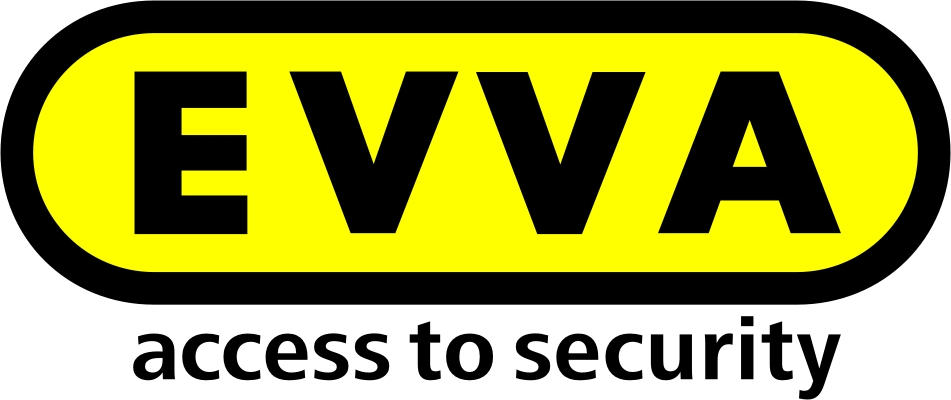 ANBUDSDOKUMENT PASSERKONTROLLSYSTEM ”AIRKEY” VERSION AIRKEY 22 SV 1 INLEDANDE
ANBUDSDOKUMENT PASSERKONTROLLSYSTEM ”AIRKEY” VERSION AIRKEY 22 SV 1 INLEDANDEDRAFT MINUTES MHRTC REDESIGN ADVISORY COMMITTEE MEETING DATE DECEMBER
CĒSIS KĀRTĪBA KĀDĀ IZGLĪTĪBAS IESTĀDĒ UZTURAS IZGLĪTOJAMO VECĀKI UN
